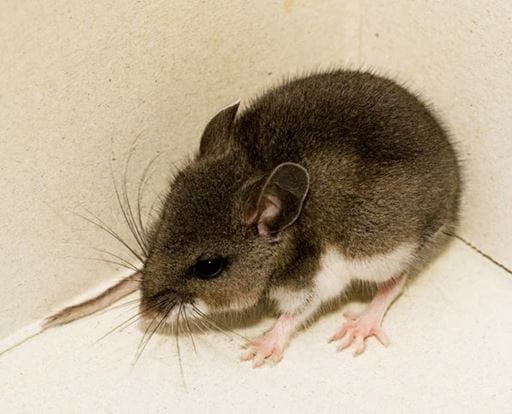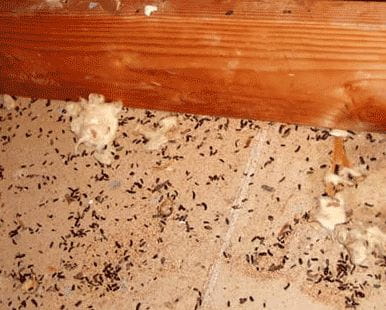Released on May 20, 2020
The Government of Saskatchewan is urging residents to take precautions and be mindful about the risk of hantavirus this spring in areas where rodents might be present.
Exposure is most likely to occur when cleaning up enclosed buildings (such as grain bins, sheds, barns, garages, trailers, cottages, and homes) or farm equipment and vehicles after winter.

“Humans can be exposed to hantavirus when inhaling contaminated air caused by the droppings, urine and saliva of infected rodents,” Saskatchewan’s Chief Medical Health Officer Dr. Saqib Shahab said. “Hantavirus can cause illness in humans including a lung related illness known as hantavirus pulmonary syndrome, which can be fatal.”
Symptoms typically start within one to six weeks of exposure and include tiredness, fever, muscle aches, cough, headaches, dizziness, nausea and vomiting. Some people develop severe symptoms, including difficulty breathing, that can be life threatening. Seek medical attention immediately if you have a cough, fever, and shortness of breath.
To avoid exposure to hantavirus, be aware of mouse droppings and nesting materials and take the following precautions when cleaning infested areas:
• Ventilate the building by opening doors and windows for at least 30 minutes before cleaning;
- Use wet mopping methods and wear rubber or plastic gloves;
- Wear goggles and a well-fitting N-100, R-100 or P-100 (formerly HEPA) type filter mask when cleaning areas contaminated by droppings in a confined space;
- Dampen areas contaminated with rodent droppings with bleach disinfectant (one part bleach to nine parts water), let sit for 10 minutes, and remove droppings with a damp mop or cloth;
- Avoid using dry cleaning methods such as dusting, sweeping, vacuuming or air-hosing;
- Steam clean, shampoo or spray upholstered furniture with a detergent, disinfectant or a mixture of bleach and water; and
- Wash clothes and bedding with detergent in hot water.

Also, take steps to reduce rodent infestations:
- Block openings that might allow rodents to enter a building;
- Store human and animal food, water and garbage in containers with tightly fitted lids; and
- Move woodpiles or other potential hiding places for mice away from your home.
As of May 13, 2020, there have been 35 people with hantavirus pulmonary syndrome reported in Saskatchewan since 1994, 11 of whom died.
For more information on hantavirus, visit the government website at www.saskatchewan.ca/residents/health/diseases-and-conditions/hantavirus and HealthLine Online at www.healthlineonline.ca.
For advice on symptoms or when to seek care, call HealthLine 811.
-30-
For more information, contact:
Health
Regina
Phone: 306-787-4083
Email: media@health.gov.sk.ca


